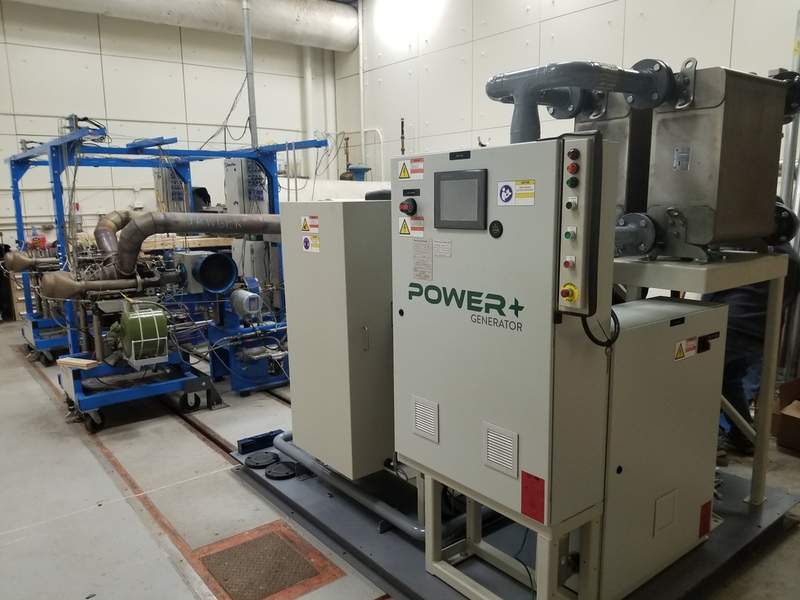
ElectraTherm, the Office of Naval Research (ONR), US Naval Academy (USNA) and Creare have joined forces to demonstrate new shipboard waste heat recovery systems as part of a Small Business Innovation Research project.
The demonstration was commissioned at the USNA in Annapolis, Maryland, US, and was intended to prove the potential for waste heat recovery capabilities onboard ships.
ElectraTherm’s Power+ Generator has been designed to capture low-temperature waste heat in order to generate fuel-free, emission-free power.
The system takes the waste heat from an existing 390HP helicopter gas turbine used to train the USNA Midshipmen.
A custom-designed exhaust gas heat exchanger has been provided by Creare for the project, which will be used to capture the wasted energy.
Creare lead project engineer Roger Hill said: “I am very glad that we chose ElectraTherm for the ORC component of the most recent project. ElectraTherm has been extremely easy to work with and extremely helpful at every turn.”
ElectraTherm generates power from low-temperature heat ranging from 170°F-252°F / 77°C -122°C using Organic Rankine Cycle (ORC) and proprietary technologies.
High-pressure vapour produced from the waste heat expands through ElectraTherm’s twin screw power block and spins an electric generator to produce fuel-free, emission-free power.
The development demonstrates fuel savings opportunities for gas turbine or reciprocating engine waste heat streams.
The project has secured funding from the Office of Naval Research and the Office of the Deputy Assistant Secretary of Defense for Operational Energy under contract number N00014-16-C-2059.
ElectraTherm noted that its Power+ Generator uses waste heat for a number of applications such as internal combustion engines, biomass boilers, flare gas and geothermal / co-produced fluids.
The company’s fleet of 70 Power+ Generators has accrued more than 930,000 hours of run time to date.



